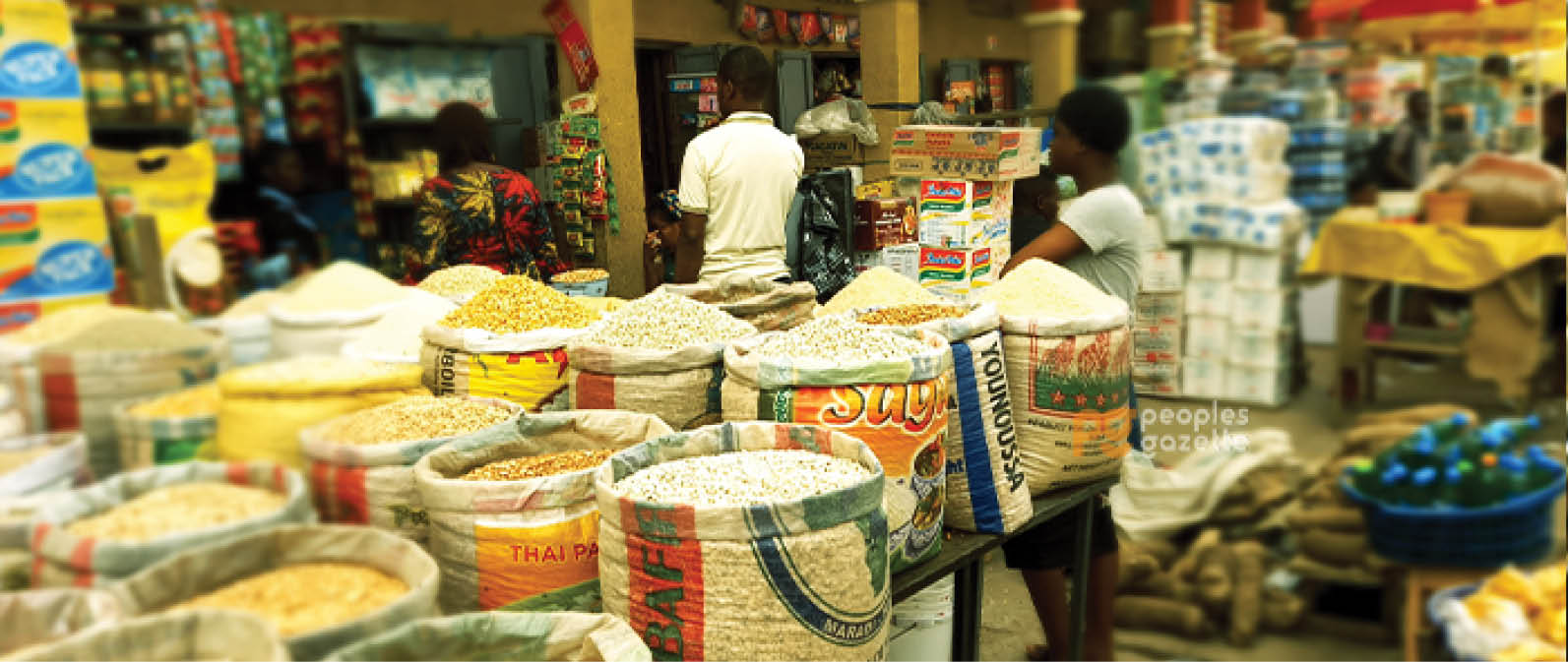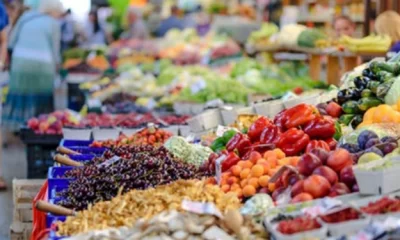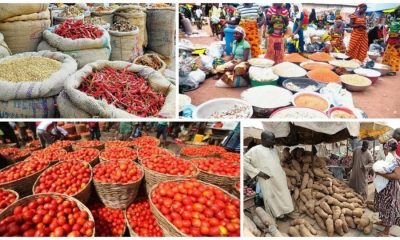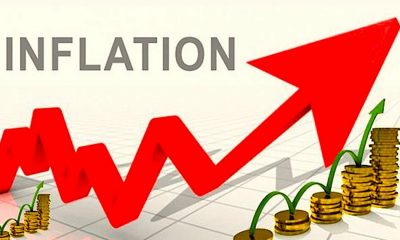Amid soaring costs of food, transportation, and various services, Nigerians have voiced their frustrations, calling on the government to find a lasting solution to the upward trajectory of major food items in the country.
According to the NBS Food Price Watch, on average Food such as Garri, Rice, Beans, Beef, bread increased by as high as 25 per cent with the lowest around 10 per cent between January and February 2024.
In various markets in Lagos state, Nigeria’s economic capital, there has been a notable surge in the prices of essential food items in the past two weeks.
A carton of Minimie noodles has soared by 102.6 per cent, jumping from N4,350 to N8,800. Similarly, a large bag of melon seeds now commands a price of N270,000, up from N220,000 at the beginning of March.
The price of a 100kg bag of brown beans, initially averaging N108,700 in early March, has seen a 10.1 per cent increase, reaching N119,650. Additionally, the cost for a 50kg bag of white garri rose by 15.1 per cent, from an earlier average of N43,000 to now N49,500 over the span of two weeks.
A large-sized tuber of yam, which was selling for an average of N3,500, has adjusted to an average price of N4,000. This change indicates a 14.3 per cent price increase within a two-week period.
Likewise, the price for a 5-litre gallon of local vegetable oil has escalated by 15 per cent, from an earlier average of N7,800 to N9,000.
READ ALSO: Just in: Nigeria’s inflation rate hits 31.70% in February
Mrs. Olisakwe, a civil servant, lamneted the impact of rising food prices on her household budget.
Despite her salary remaining static, she now allocates between N200,000 to N220,000 monthly for food, a significant jump from her usual N100,000, squeezing her family’s budget for other essentials like her children’s school fees and savings.
A pepper seller at the popular Agege market, Iya Abike, noted that the rise in pepper and tomato prices is connected to the issue of transportation and insecurity.
He explained that the surge in petrol and diesel prices has heavily influenced the cost of moving goods from the north to the south of Nigeria, affecting the retail prices of peppers and tomatoes.
A grain merchant at Ipaja market, Alhaji Sanusi, noted the difficulty his customers face in affording their usual purchases. “Nowadays, most purchases are noodles and spaghetti since rice has become more expensive, and even these items have seen a price increase”, he said.
Also, Miss Adetoun voiced her dismay over the doubling prices of food items. “I can no longer afford to fulfil my children’s requests but rather what’s available. The variety in our meals has diminished as we find ourselves repeating the same dishes,” she shared.
The National Bureau of Statistics (NBS) has disclosed that Nigeria’s headline inflation rate escalated to 31.70 per cent in February 2024, a rise from the previous month’s 29.90 per cent.

 Health & Fitness4 days ago
Health & Fitness4 days ago
 Aviation6 days ago
Aviation6 days ago
 Featured1 week ago
Featured1 week ago
 Aviation5 days ago
Aviation5 days ago
 Aviation5 days ago
Aviation5 days ago
 Business1 week ago
Business1 week ago
 Aviation5 days ago
Aviation5 days ago
 Business1 week ago
Business1 week ago













